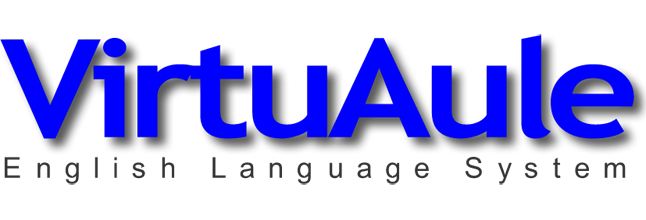CAE (Advanced Exam) Listening Test 2 Part 2 |
|
Part 2 |
|
RADIO REPORTER |
CAE (Advanced Exam) Listening Test 2
Part 2: Radio reporter
7 Communication Studies
8 marketing assistant
9 intimidated
10 Trainee Scheme
11 (live) interviews
12 journalism
13 news
14 flexibility
You’ll hear a radio reporter called Sally Nelson telling a group of teenagers about how work
experience schemes have helped her in her career.
For questions 7–14, complete the sentences with a word or short phrase. In the exam, you have 45
seconds to look at Part 2.
Hi. My name’s Sally Nelson, and I’m a radio reporter specialising in current affairs. I’m here to tell
you how useful work experience placements have been in my career.
Although I’m in my dream job now, at school I lacked ambition, and made a poor choice of
university course. Some of my colleagues did subjects like Media Studies, which have a direct
application to the work. Although my subject sounds relevant – it’s known as Communication
Studies – I think a degree in English and Drama would’ve been just as useful. My course centred
on the sociological use of language rather than the media.
When I graduated, I took the first job I was offered. I’d always been interested in music and
clubbing and had considered training as a DJ, and I soon realised being a marketing assistant was
too far away from this. My friends had more interesting jobs than me; one was even working as a
manager for a rock band. So I quit the job and rang another friend who was a radio presenter in
Brighton.
I organised to sit in on his show for a few days, which was a bit cheeky of me, and although I was
intimidated for the first couple of hours, it was actually a very relaxed sort of place. And it gave me
exactly the sort of insight I needed to confirm that radio was for me.
So, I approached the boss of the station. He immediately offered me a place on the station’s
Trainee Scheme, it’s a bit like a work experience scheme really and involved spending two days a
week working unpaid at the station. To fund myself, I did waitressing jobs the rest of the week.
The station’s a small company, so the work was varied and very hands on. I got to do traffic reports
on air, which was fun, background research about musicians, which was more interesting than I
expected, and even once or twice conducted live interviews. I got the biggest buzz of all from that.
In this industry you have to network, and that’s why work experience, however short the placement,
is so important. I met people in Brighton who really opened doors for me. One colleague said
technical training would help my job prospects, and told me about a journalism course which you
can do in the evening. At twenty-five, I was much older than my fellow students but I was very
focussed, and it stood me in good stead.
Thanks to someone I met on that course, I got another work experience placement, this time with a
larger national broadcasting company. I worked for six months unpaid there. I was taken on to work
on the sports desk, but soon got transferred to the news desk where I worked out the rest of my
placement, with occasional days on the travel desk. Although I was on a steep learning curve, it
was fantastic from day one.
Working for free was exhausting because I had to hold down other jobs to keep myself. If I had to
say what the main benefit of work experience was, I’d say it gives you flexibility. You learn on the
job and make mistakes without feeling that you’re about to get sacked, and that’s just as important
for your confidence and employability as any number of qualifications.
